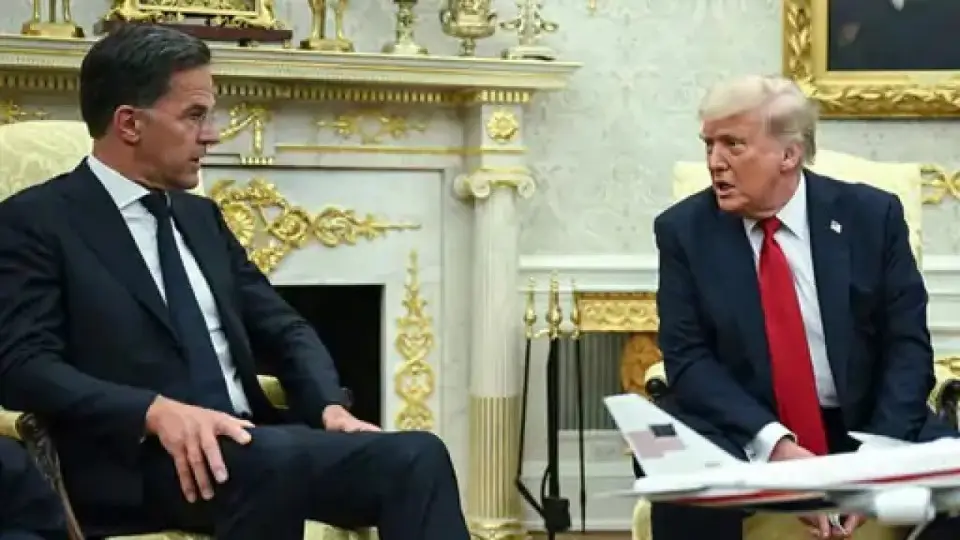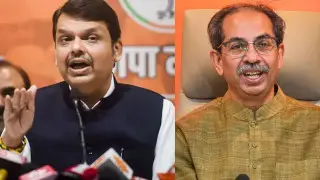
NATO Warns India, China, and Brazil with 100% Tariff Threat (Social Media)
National News: Amid the ongoing Russia-Ukraine war, the United States and NATO have escalated pressure on nations maintaining trade ties with Moscow. NATO Secretary General Mark Rutte, speaking after a meeting with U.S. senators on Wednesday, issued a stern warning to India, China, and Brazil. He stated that if these nations continue economic cooperation with Russia, they could face 100% secondary tariffs and sweeping sanctions. Rutte emphasized that these countries must exert diplomatic pressure on Russian President Vladimir Putin to take ceasefire negotiations and peace talks seriously. According to him, doing business with Russia in the current global climate could come at a significant political and economic cost*
In response, Russian Deputy Foreign Minister Sergei Ryabkov dismissed the threats from NATO and the U.S., calling them a form of “American coercive diplomacy.” Ryabkov stated that Russia remains open to dialogue with the Trump administration, but it will not yield to ultimatums. He reaffirmed that Russia will **continue its current trade approach and seek alternative routes for global business.
This NATO warning follows a recent statement by U.S. President Donald Trump, who announced the possibility of imposing a 100% tariff on Russia if it fails to agree to a peace deal with Ukraine within 50 days. Trump added that this would also include **secondary tariffs on countries like India and China** that continue buying oil or gas from Russia.
Secondary sanctions are punitive measures applied not directly to a sanctioned country but to third-party nations or companies engaging in trade with the sanctioned nation. For example, if an Indian company imports oil from Russia, the U.S. could restrict its access to American financial systems, impose heavy fines, or ban its participation in global trade networks. Such sanctions often have a chilling effect on international business, as companies fear repercussions from the U.S. for dealing with blacklisted countries.
1. Disruption in Oil Supply
India has become a major buyer of discounted Russian crude oil since the Ukraine conflict began. If sanctions impact this supply chain, India may be forced to shift to more expensive alternatives, such as those from Saudi Arabia or Iraq.
2. Economic Impact on Citizens
Higher import costs would translate to rising fuel prices domestically. This could drive inflation and negatively affect India’s economic growth.
3. Threat to Energy Security
The global energy market is already fragile. Sanctions could further disrupt India’s energy stability and long-term planning.
4. Increased Diplomatic Pressure
With NATO and the U.S. intensifying their stance, India’s neutral foreign policy could be put to the test. Balancing relations between Russia and the West might become increasingly complex.
Experts suggest that India should accelerate the shift towards alternative and renewable energy sources while carefully navigating diplomatic relations with both Russia and the Western bloc.The coming months may require strategic decision-making where national interest must be weighed against mounting international pressure.













Copyright © 2025 Top Indian News
